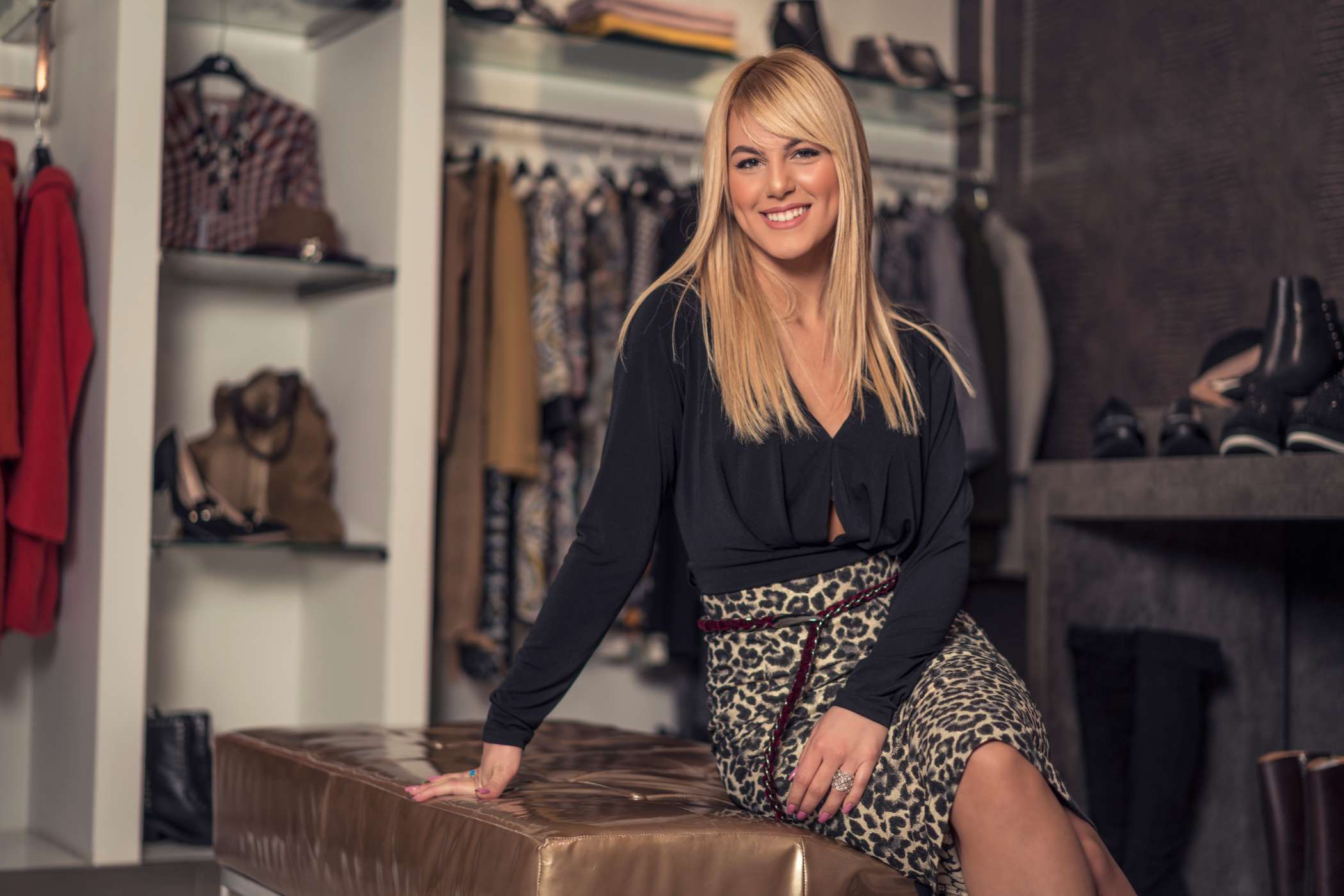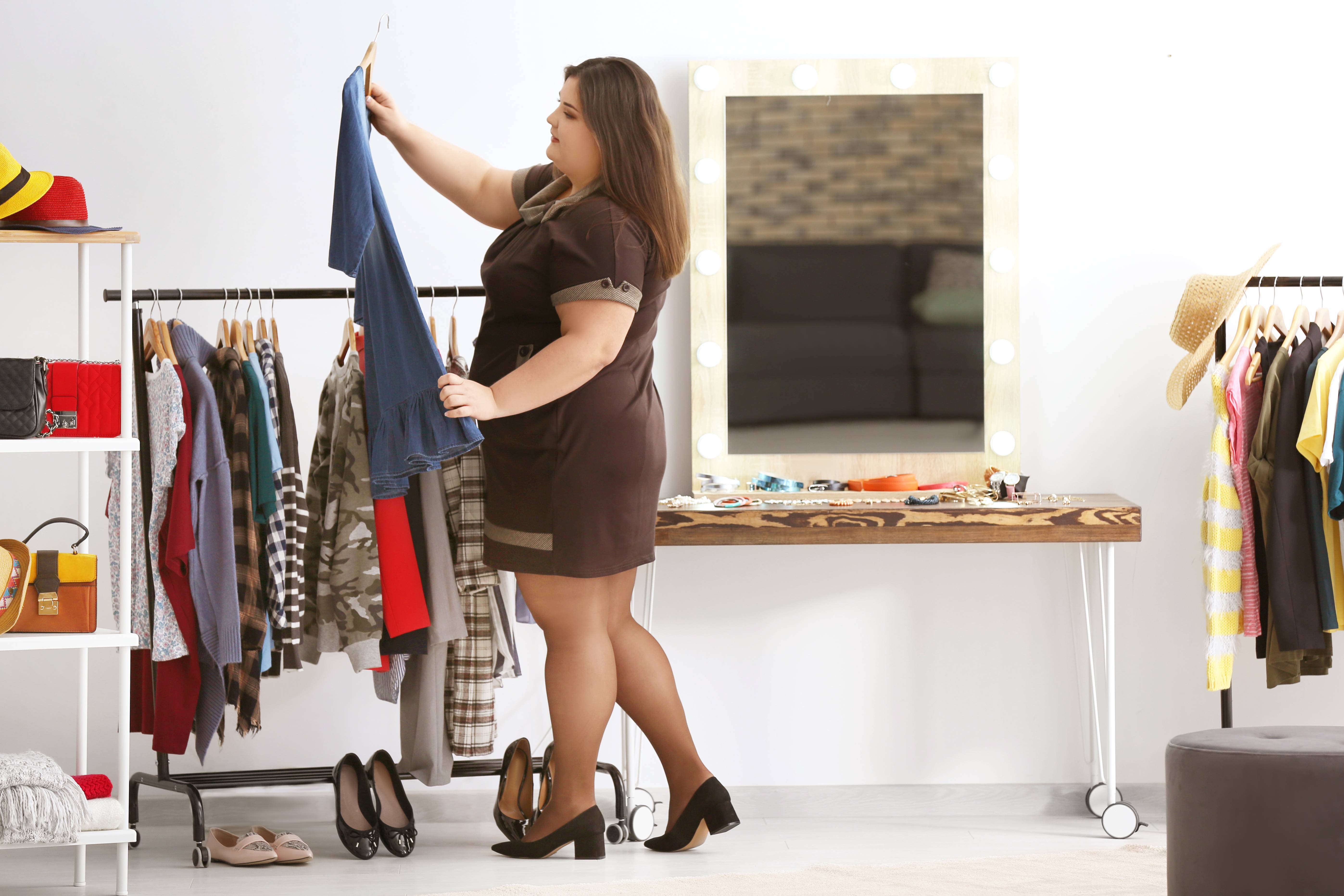The Importance of Big Data for Fashion Apparel Businesses

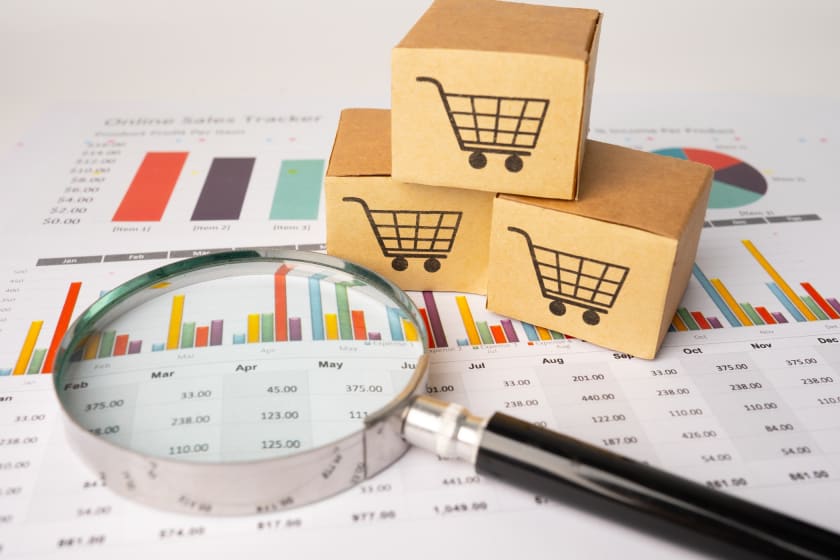

One of the key ingredients behind Zara’s success is its consistent collection and analysis of big data or retail analytics. So, what is retail analytics? It is an important tool for foreseeing fashion trends, making supply chain decisions, analyzing the behavior of customers and their preferences. Retail analytics, also referred to as Big Data, is a crucial component in the dynamic fashion industry, where the demand keeps changing, and the competition keeps growing. It can be collected from sales, market research, online campaigns, social media feedback, purchase analytics, and so on. Retail analytics is a gamechanger both for online and offline sales.
Benefits of Retail Analytics
There are numerous benefits of retail analytics, and some of them are mentioned below:
1. Designer Products
It is not necessary that all designs that performed well on the runway perform the same at retail. The taste of retail shoppers differs from runway fashion; big data analytics helps predict which designs and which products will do well in the retail store.
2. Calculating Costs
When pricing the products, it is necessary to know what the target audience will be comfortable in paying for the product and what is their buying power. If the cost of the product is overpriced, it might just go untouched in the retail market, and if it is underpriced, the company might suffer the damages.
3. Targeting Audience
Retail analytics provide the entire information about the target audience, from their age, height, ethnicity to their preferences, behavior, and involvement. These factors can help a business owner understand the factors affecting the purchase and when and where the users are more inclined to convert into customers.
4. Personalized Marketing Campaigns

With the data available about consumer behavior, all the marketing campaign offers and product promotions can be personalized. Custom campaigns help in increasing engagement and conversions for the brand.
5. Forecasting Trends
It becomes a lot easier to foresee future trends with retail analytics, facts, and data. The designs can be curated according to the requirements of consumers and eliminate any product wastage in the future.
6. Streamline Product
At every stage of the manufacturing process, the products can be streamlined based on the reactions and opinions of the target audience. Retail analytics has simplified every stage of the process.
7. Popular Color Trends
Colors play an important role in the fashion industry, so seeing which color trend is in and out is a key substance in the success of any design. For example, it has been predicted that the color palette for 2022 would be largely based on optimistic, warm, and exciting hues. Pantone recently revealed that very peri, a purplish-blue hue, will be the color for 2022. It has also been predicted that blue hues will play big this year, such as powder blue, pastel blue, and green-blue.
8. New product categories
Every fashion business owner knows that to lead the industry, one should be a trendsetter. Retail analytics helps launch new products based on the mass appeal in the consumer market.
Types of Retail Analytics
Here are a few retail analytics to tap into:
1. In-store analytics
These are the analytics that can be gathered from the physical store. The conversation in the store about the products, the best selling product in the store, and the most neglected product in the store can all be picked up as a part of retail analytics.
2. Inventory and product assortment analytics
The inventory and stock metrics can provide the most data to a fashion business owner and is one of the go-to methods to collect information regarding retail analytics.
3. Web analytics
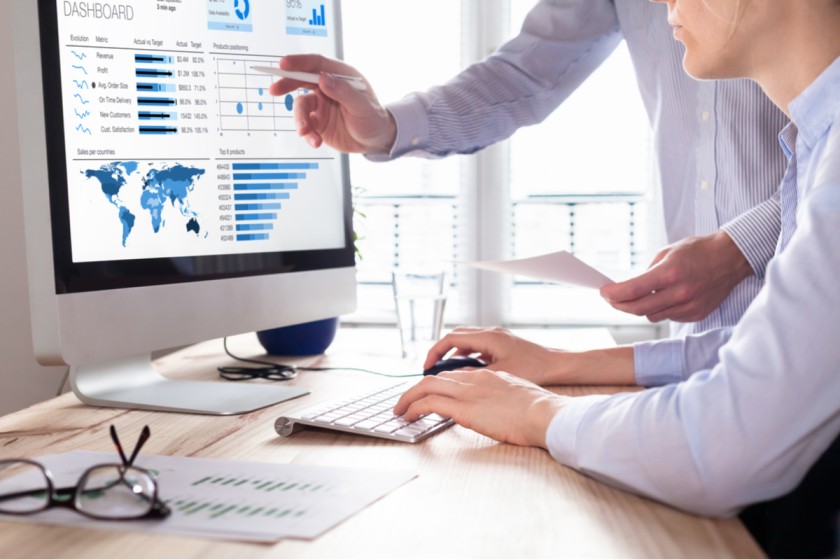
This data is based on web analytics and social media analytics which consist of conversions, shares, add-to carts, likes, comments, and views. This offers an insight into the online analytics of the fashion brand.
4. Customer analytics
These are analytics consisting of customer feedback, their opinions, and their online behaviors. They are useful in gathering information about current as well as future fashion market trends.
All the above-mentioned analytics together make the entire retail analytics; each data is crucial for the success of the brand.
How to Get Retail Analytics?
The list below mentions a few ways a Fashion Business can gather big data:
1. Surveys
Fashion brands can ask their customers to fill out online or offline surveys in order to get a chance to win something or get a discount. This way can ensure both promotional marketing and the collection of data from the consumers.
2. Personal Shoppers
Brands can always provide their valued or premium customers with personal shoppers that assist their buying decision as well as notice their consumer behavior.
3. Influencer relationships
Retail analytics can help make an ally of collaborating with an influencer with a similar style. Getting an influencer to be the face of a brand can help in increased sales across social media.
4. Social media analytics
Product performance on social media and the analytics consisting of likes, shares, and comments can predict the success of the product before launch.
5. Web analytics
Data can be collected from the purchases made online and the information filled by the customer while making those purchases.
6. Emailers
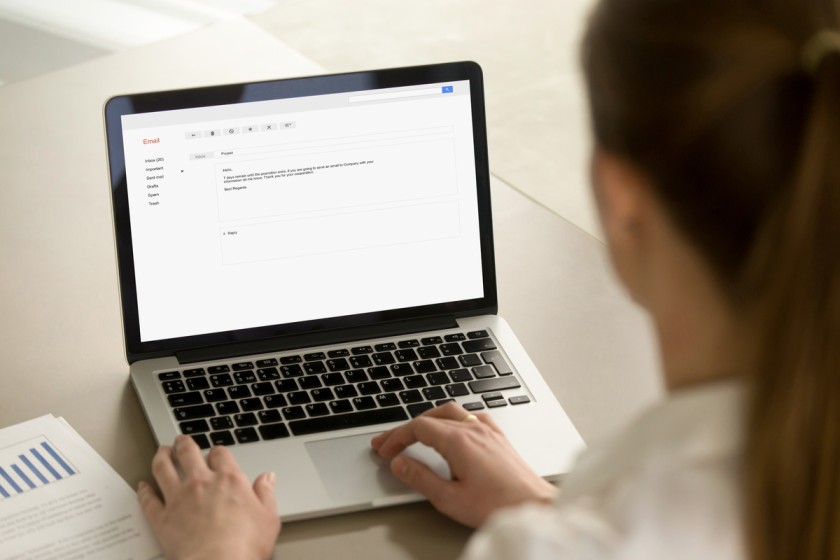
A company sending regular emails such as newsletters, brochures, and new product launch mails, can analyze which emails are gaining more traction from the customers, and which CTAs are performing well.
Fashion business owners, fashion designers, fashion merchandisers, fashion buyers, and sourcing managers can benefit massively from retail analytics. To connect with state-of-the-art garment manufacturers that fit well with the current trends and consumers, consider getting in touch with an online platform such as Fashinza. The entire process gets optimized and makes the journey of a fashion business owner easier. Fazhinza can help utilize retail analytics by sourcing the perfect material as per your requirements.
















